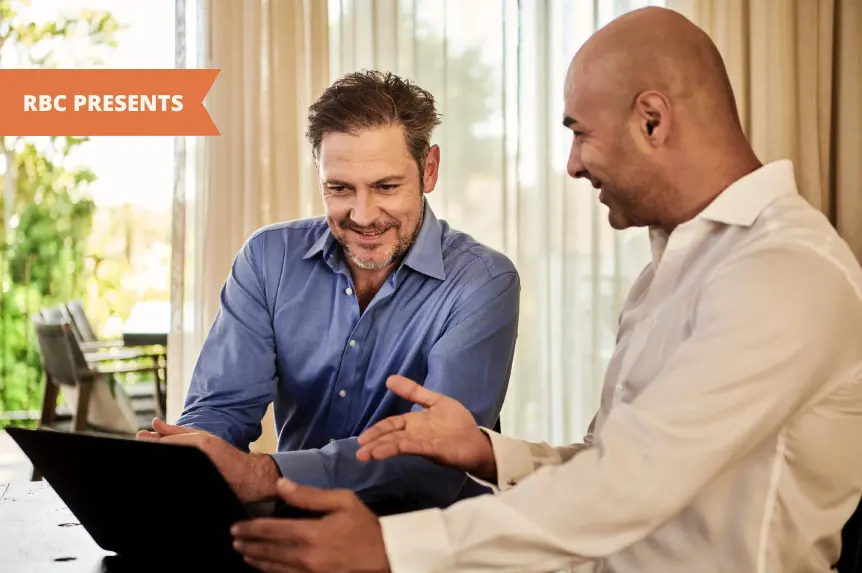Being an Executor is Not Easy
Being appointed as executor of a loved one’s estate is an honour. The fact that you’re entrusting a family member or friend with this important role may indeed be a tribute. But do you really appreciate what you are asking a loved one to take on?
The reality is that estates are becoming more complicated and acting as an executor can often be stressful and time-consuming, and may harm family relationships.
Executors may be required to deal with a number of third parties like banks, CRA, real estate agents, and impatient beneficiaries, and may have to complete up to 70 tasks. They may even be exposed to personal financial risk and liability if they make a mistake.
Executors can be personally liable
The risk of personal liability can be a reality for some executors who are settling a loved one’s estate. Some possible sources of liability include:
Incorrect interpretation of the Will
Failing to act impartially
Failing to keep proper estate accounts
Failing to make distributions in a timely manner
An executor may also be held personally responsible for losses resulting from mismanaging estate assets, including a failure to:
Locate and secure all estate assets
Prudently invest estate assets
Give proper notice to creditors
Identify and pay all legitimate debts of the deceased
Collect all debts owed to the deceased in a timely manner
Properly manage an ongoing business
Ensure all taxes are filed and paid on time
An executor can also face financial penalties for taking too long to administer an estate. An executor who fails to pay cash legacies within one year may be required to pay interest on those legacies.
Executors can also find themselves at financial risk if they distribute an estate too quickly. This can occur when an executor distributes estate assets at a time when certain people (E.g. creditors, spouses, partners, and dependants) can still make a claim on the estate’s assets or before a tax clearance certificate has been obtained from CRA.
This list of risks doesn’t mean you shouldn’t appoint a loved one to act as your executor. It does mean you should have an appreciation and understanding of what you’re asking someone else to do for you. You should also know that help is available.
How can a professional executor help?
A recent survey by RBC Royal Trust found that 59 per cent of Canadians aged 35-54, and 54 per cent of those 55+ don’t know that a professional trust company can be named as the executor of an estate.
Appointing a professional executor helps to ensure that the estate is properly administered, costly mistakes are avoided, and loved ones are shielded from any potential liability when it comes to settling your estate.
If you are creating your Will with Epilogue, you will have the option of appointing RBC Royal Trust as the executor of your estate.
Professional trust companies can also assist an individual currently acting as an executor. “Agent for executor” services are designed to help an executor with most of their duties, while the executor retains decision making authority. Executors can hire an agent to perform some or all of the dozens of administrative tasks involved in settling an estate, but the executor is still responsible for making decisions such as the sale price for a property or whether to make a discretionary distribution to a beneficiary.
Executors often don’t appreciate how difficult the job is until they are knee-deep in it. They can reach out to a professional trust company for help at any time during the estate administration process.










